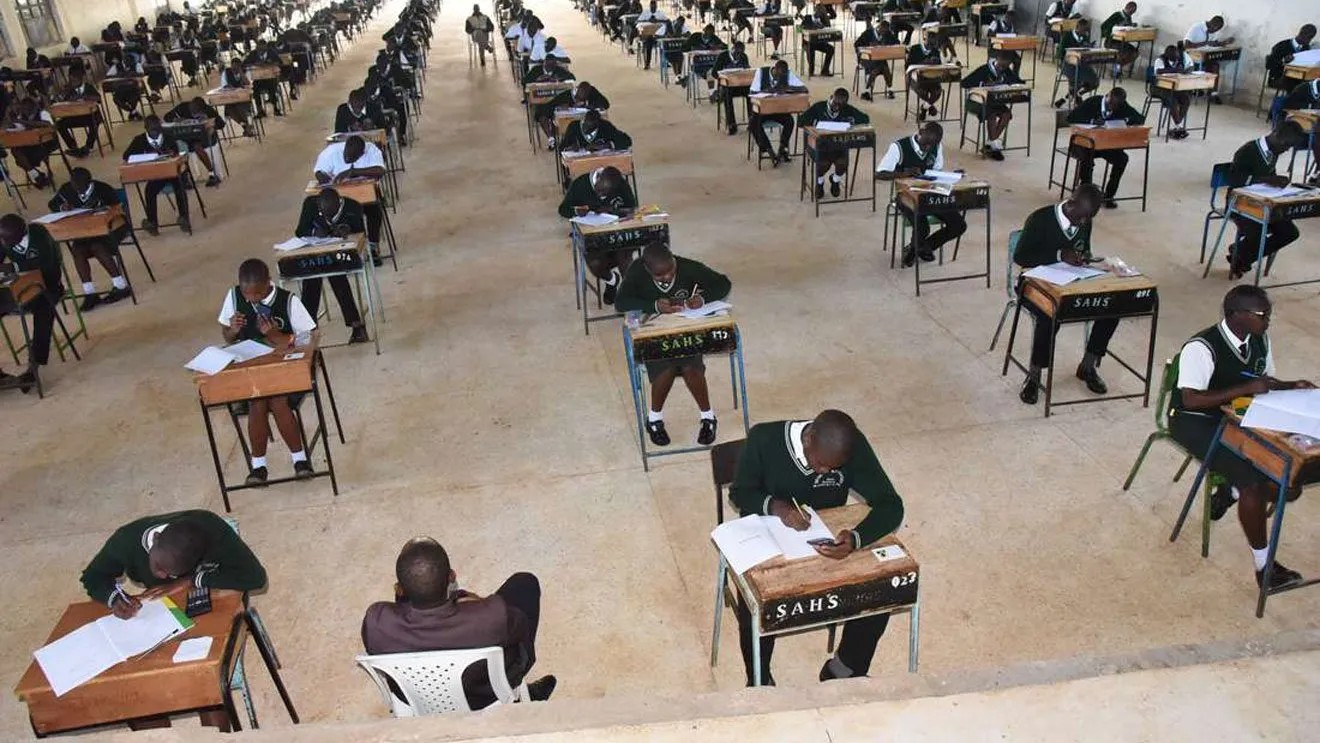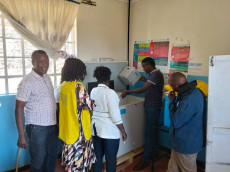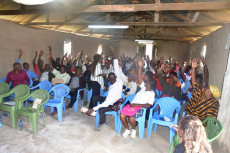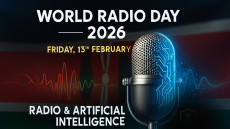- This revelation, made during a conference attended by assessment bodies in Africa, has raised concerns about the integrity and fairness of the examination system in Kenya.
The Kenya National Examination body (KNEC) has come under scrutiny for its alleged practice of recycling a significant portion of past Kenya Certificate of Primary Education (KCPE) and Kenya Certificate of Secondary Education (KCSE) exam questions.
This revelation, made during a conference attended by assessment bodies in Africa, has raised concerns about the integrity and fairness of the examination system in Kenya.
Dr. Purity Ngina, an expert from the Zizi Afrique Foundation, has criticized KNEC for its role in perpetuating exam negligence in Kenya. According to Ngina, approximately 60% of the questions in KCPE and KCSE examinations are repeated from previous years.
"When you go through the KCPE and KCSE examinations, you'll realize that 60% of the questions are repeated from previous years," Ngina stated.
This pattern has been exploited by certain schools that invest in exam experts and analysts capable of identifying these recurring questions. As a result, they can guide their students to focus on particular areas, leading to higher scores.
Read More
This advantage creates an inequitable playing field among schools and raises questions about the validity of exam results.
"The schools that can invest in people who can do the analysis do that, and they can be assured that if you do this and this, you are likely to have your learners get over 60% of the marks," she added.
Ngina further reveals that the repetition of questions is not limited to content but includes the same answers and sometimes even the same question positions.
This revelation undermines the credibility of the examination process. It deceives teachers and parents who may attribute exceptional performance to the student's abilities, unaware they have been exposed to previous questions.
The lack of higher-level thinking questions in exams also promotes a culture of memorization rather than critical thinking among students.
Tinderet MP Julius Meli has called for increased oversight of KNEC by the Kenya National Qualifications Authority (KNQA).
Meli suggests that the exam process should be audited annually, ensuring transparency and accountability. By revising exams yearly and producing comprehensive reports, the integrity of the examination system can be preserved, and any issues can be addressed promptly.
"Every year, we need to audit the exam process and have a report to see how the process went through. The exam must be audited yearly and have a report", the lawmaker said.
KCPE and KPSEA (Kenya Primary School Education Assessment) candidates started their exams on October 30, 2023 and will last until November 1.












